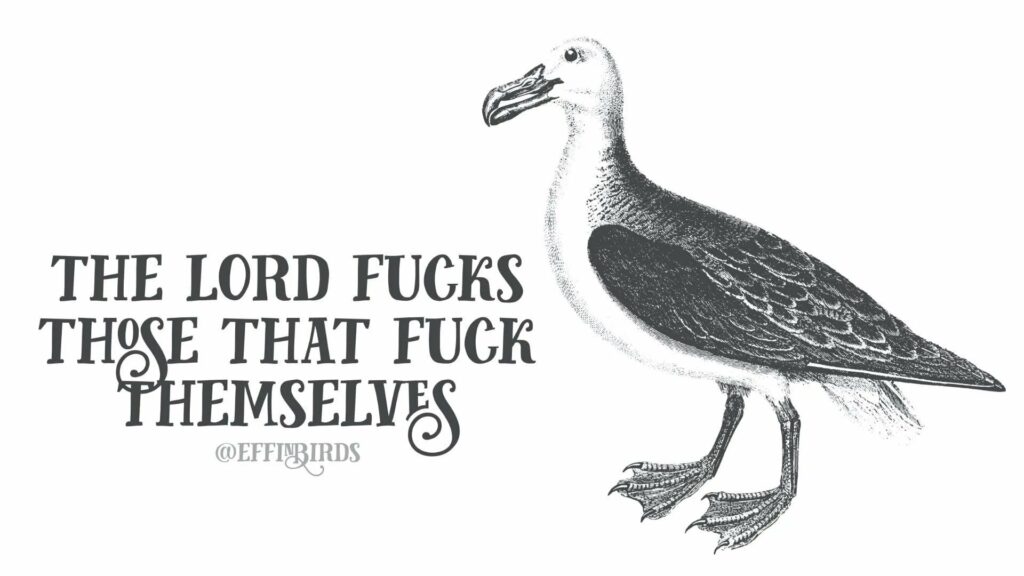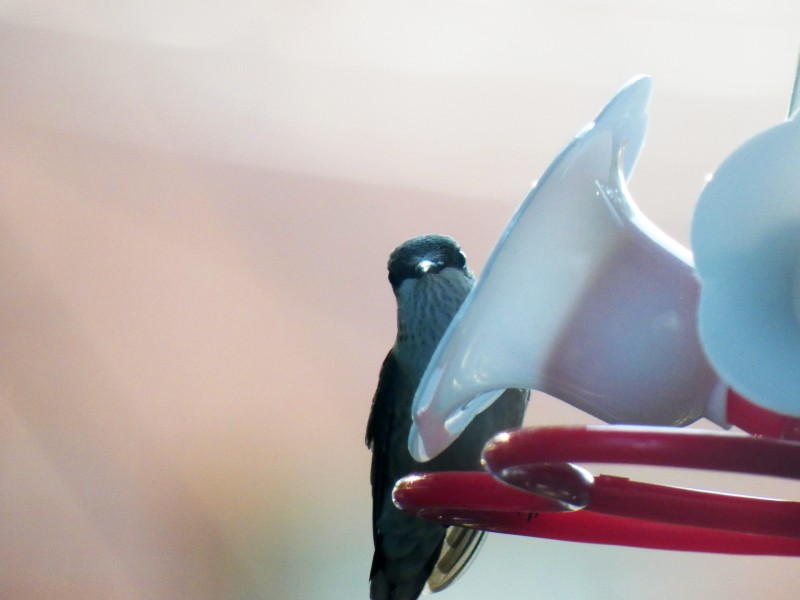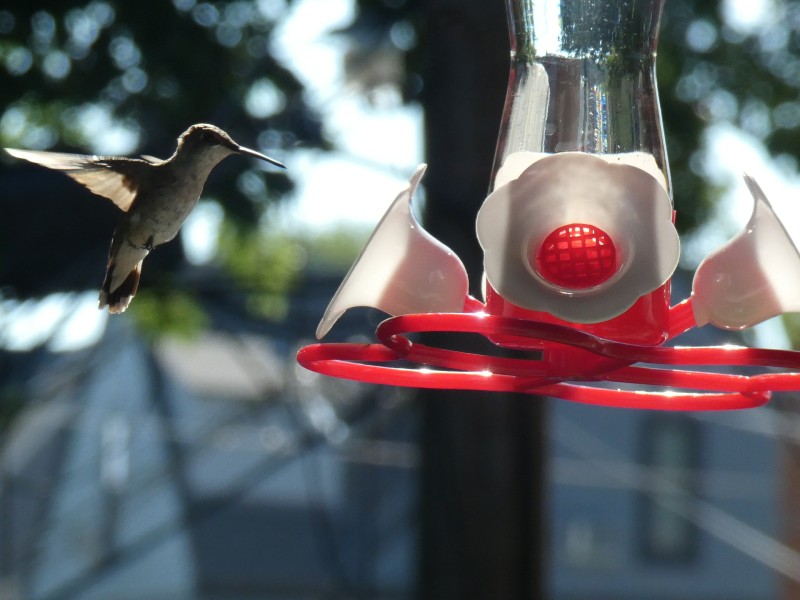Someone — I can’t remember who, perhaps in a Sojourners article in the last year or so — remarked that when it comes to responsibility, what’s morally good for a society is morally terrible for an individual, and vice versa. In other words, it’s a bad sign if an individual attributes all their misfortunes to the machinations of evil structures and does not undertake to do anything about it themselves; but it’s an equally bad sign if a society blames the individual alone for whatever has befallen them and scoffs at the idea that bad structures should be addressed.
I’ve been chewing on that observation for a while, not sure what, if anything, I wanted to say about it. But then the exact meeting place of those opposing truths arrived when President Biden announced that he would use existing law to a) forgive $10k of student debt for people making under $125,000 a year b) forgive another $10k for the people in that group who received Pell Grants and c) reduce the income-based repayment cap by half, from 10% to 5%, without the burden of further interest. And both the right and the left lost their shit.
The right, of course, are incensed that bailouts should be dished out to individuals who promised to pay back a loan and have only themselves to blame if they are in difficult straits because of it. The left, meanwhile, are furious with Biden because the emancipation didn’t extend to all educational debt for every borrower.
Sounds like he hit it about right, then.
Great lashing waves of sound and fury have been lapping upon the shores of my social media feeds, and I find myself simultaneously agreeing and disagreeing with most of it. Yes, it’s pure hypocrisy to accept forgiveness of a PPP loan taken out during the pandemic and then turn around to scarify individuals who’ve been paying back on the standard plan for years and owe more now than when they started. No, no one held a gun to people’s heads and made them go to college. Yes, the academy is fucked six ways from Sunday and serves neither its faculty nor its students nor the market in which its graduates are expected to participate nor anyone else except perhaps the administrators and the offices of what is so benignly called “Development.” No, this is not just a problem affecting people fool enough to get a liberal arts degree. Yes, a real civilized society would want to make it easier for people to get the kind of education that suits their interests and not have to thread a political needle with a camel to make it happen. No, it is not bad faith that Biden didn’t use a bigger camel.

Political risk as it may be, President Biden’s action (supported by the policy positions of Vice-President Harris) is a structural action: it is aimed at groups of people whose disadvantages due to socio-economic and/or minority status made getting a post-secondary degree an undue burden. It strikes at the reason why tuition stopped being free and began an exponential climb, which is this: that the practical function of a college education in this country is to provide a gatekeeping hurdle to class mobility, racial equality, and gender parity.
Clearing that gate is the reason why many people go to college. It’s also the reason why many people want to withhold debt relief — I’ve seen at least two conservative people complain where other people can see them that this will suppress military enlistment. Withholding debt relief, like withholding modern healthcare and a host of other social benefits, is a mechanism for them to escape having to stoop to negotiate with their inferiors.
The thing is, though — the academy sucks as a gate. It neither holds a monopoly on knowledge nor offers a real entrance to social elevation. If you were not a person of means when you walked in, the odds are against you being a person of means after you walk out.
But I didn’t care, because that’s not what I wanted out of my education. I wanted to leave home. I wanted to take classes that didn’t bore me to the pitch of rage. I wanted to live in a community with people my age in like-minded pursuits. I wanted to interact with mentors and read things I’d never heard of and play music and argue in a common room at 1 a.m. and earn my stripes as a writer. And that’s what I got. It was worth every penny I took out to pay for it. I’m morally, spiritually, and intellectually a better person than I would have been if I hadn’t done it.
So, the system is stupid. Granted. But I didn’t mind undertaking the difficulty of paying back loans. What I minded was being vulnerable to people who would spit on those difficulties by turning them into impossibilities. I dreaded putting my trust in the United States Congress, that wise and august body, to avoid doing things like excluding educational loans from bankruptcy protection, or setting the yearly interest rate so that it would add to the balance faster than you could pay it down. (Did the United States Congress, in fact, avoid doing those things? Did they hell.)
As a fellow taxpayer who’s been a contributing member of society for a while now, I don’t mind owning a responsibility like educational debt. I consider all the years of misery and underemployment and paperwork and this and that to be my business. Forgive my loans? Just don’t actively shit on my efforts to pay them. And maybe exclude them not from bankruptcy protection but from credit scoring.
Debt relief of any amount is an amazing boon. And as it happens, I stand to benefit from a), b), and c) of the president’s plan. It represents a huge relief and will make it much easier for me to do what I intended to do in this stage of my life. But it’s not something that was owed to me personally. It’s just that there are a lot of people like me (and really, don’t you smell a rat when so many millions of ordinary folks are just running to stand still on educational debt? that’s not just a neighborhood but the population of Florida full of irresponsible people not worth knowing, if you’re that cynical), and doing this is, as I said, a calculated, structural way to address several decades’ worth of compounded inequality.
Because the meeting point of an individual’s responsibility and a society’s responsibility hinges on two questions: Who do you want to be? and What are you going to do?
I know the answer to those questions for myself. And I know how I want the society I live in to answer those questions. You can’t always do what’s fair. But sometimes you can do what’s right.
Now here are some birds.






